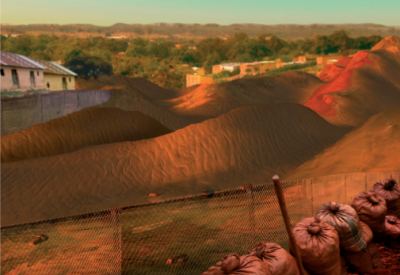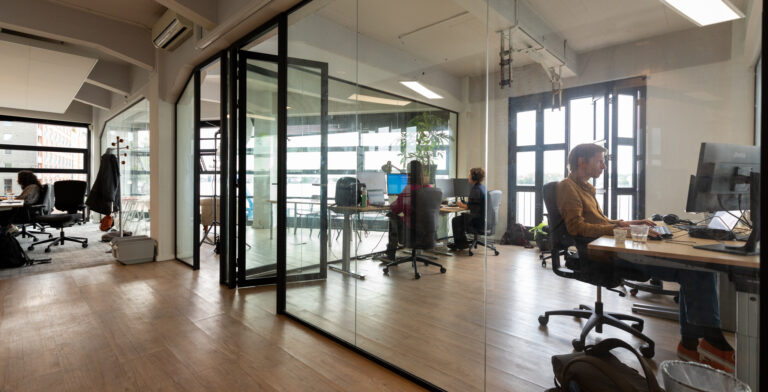
Local voices remain unheard by mining and electronic companies
On the eve of international Human Rights Day (10 December), makeITfair’s new report Unheard Voices reveals how local communities in the Democratic Republic of the Congo (DRC) are barely consulted by copper and cobalt mining companies that are taking their land or digging next to their houses. These minerals are being mined in part to satisfy the global demand for the latest high tech mobile phones and computers produced by the electronics industry.
“Electronics companies are expected to respect human rights down their supply chain and thus make sure that the metals that are used in their products have not been extracted by mining companies that have no respect for human rights and the environment”, says Esther de Haan from SOMO (Centre for Research on Multinational Corporations), the coordinator of the European makeITfair campaign.
Unheard Voices highlights the imbalance between mining companies and communities. One company, Tenke Fungurume Mining – a Swedish/DRC joint venture – relocated hundreds of families to make way for mining to start. But at the time of displacement, no new houses had been built. Families had to wait up to two years, living outdoors or in tents, until their new homes were built. In another incident, the DRC South Katanga Mining Company destroyed 500 homes on the pretext that the camp was inhabited by illegal miners. Thousands of victims, including many children, lost their homes and ended up homeless for a significant period of time.
All companies offered inadequate compensation for the land and houses they took away; they did not offer enough compensation to rebuild homes and acquire new land, while in many cases farmland was destroyed.
The environment has suffered too. Acidic waters were dumped in rivers, which destroyed the natural ecosystem. Pollution of local waterways forced the communities to seek out drinking water from alternative supplies, which were often not working. For example Boss Mining – which is 80 percent owned by African CAMEC – provided drinking water storage tanks that were not filled for long periods at a time.
According to Emmanuel Umpula Nkumba, Director of the DRC Human Rights organisation, ACIDH: “Compensation should not only take into account the costs of the land and houses, but also displacement costs and reimbursement for lost earnings, as well as reimbursement for leaving your land. Only one of the companies consulted the communities, and none of the five researched companies put enough effort into informing the communities properly, asking for their consent in matters concerning their land, families and communities. The issue of free, prior and informed consent is important.”
makeItfair has been calling on electronics companies to take responsibility for their whole supply chain, including the mining of metals such as cobalt and copper. Electronics companies have already shown a willingness and capacity to address the issues arising during the mining phase. This is illustrated by their recent efforts to deal with the civil war in Eastern DRC. While it is encouraging that companies have begun to address armed conflict issues, it is also important that they also address other issues in the mining phase of their supply chain, such as engaging communities that are living on and besides the mining sites.







